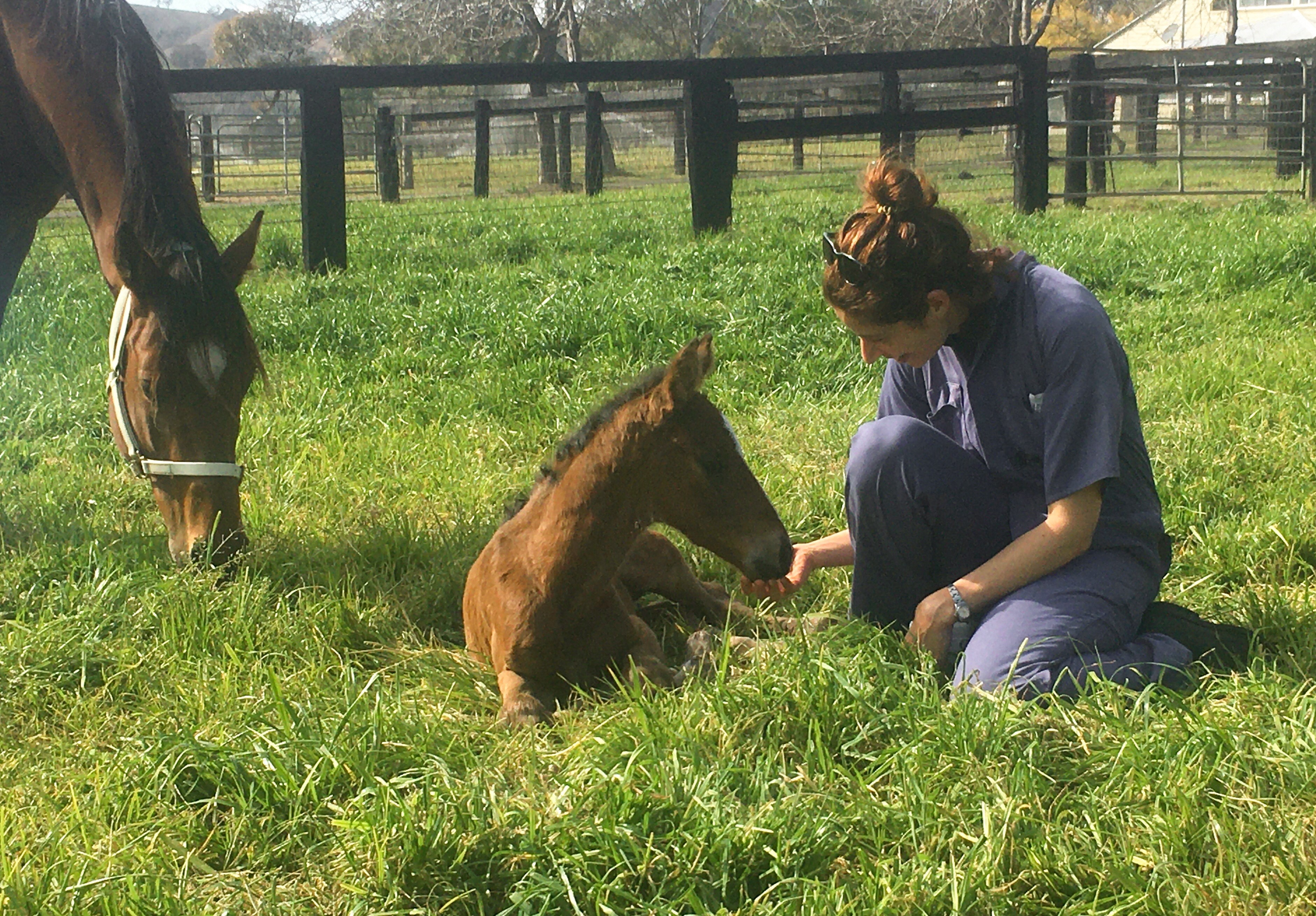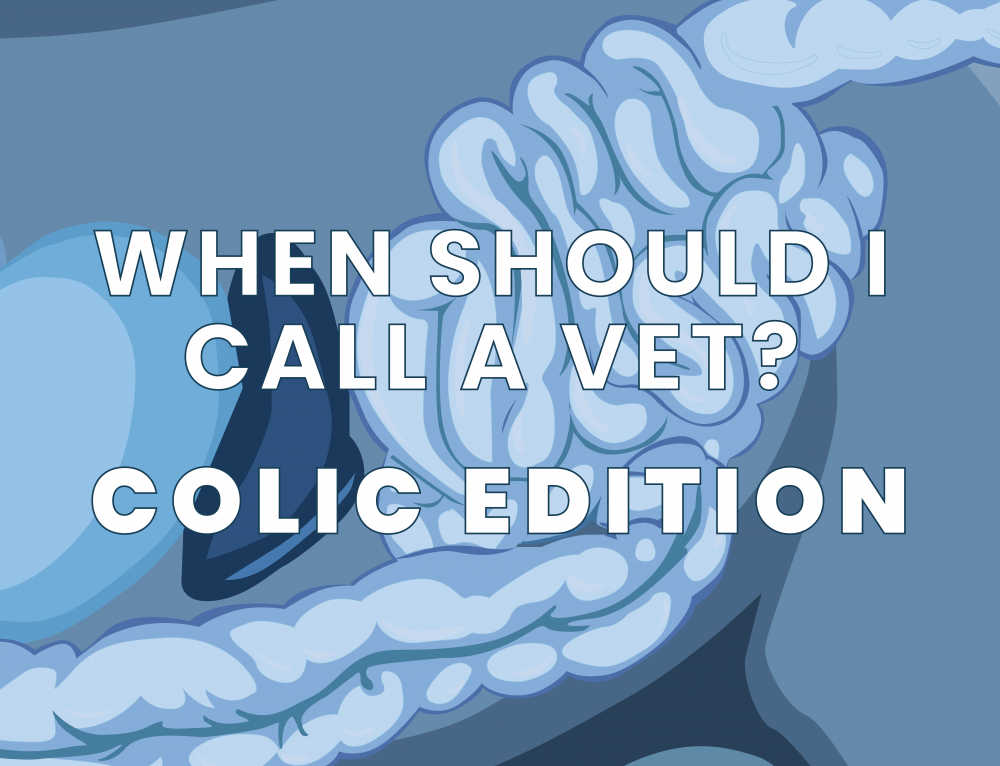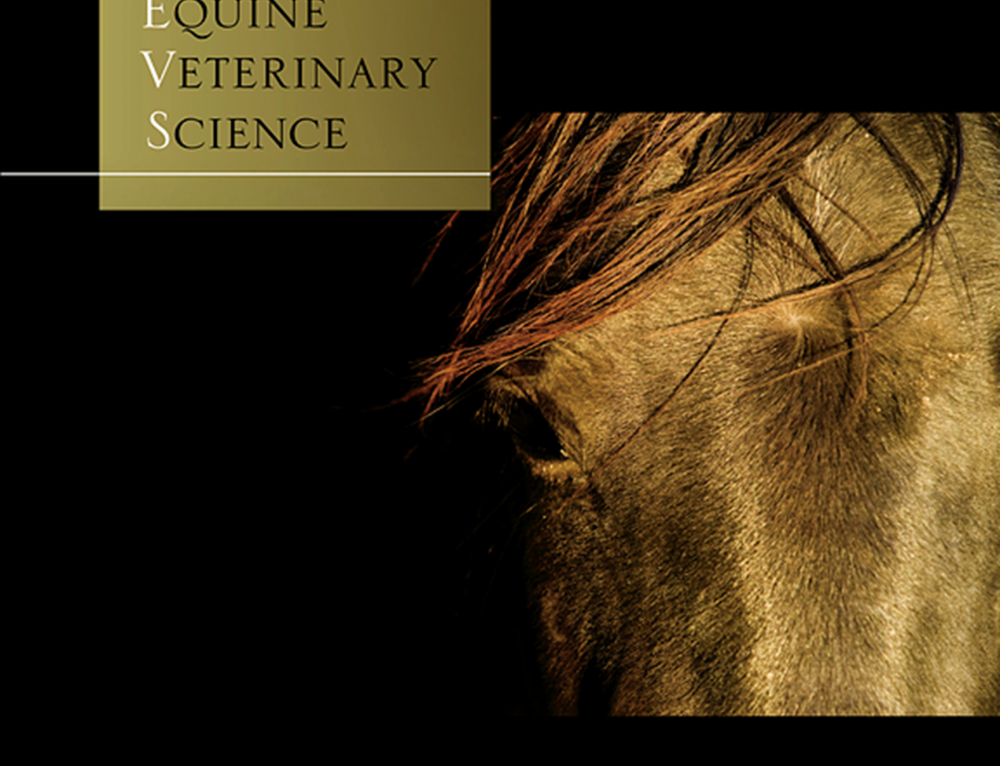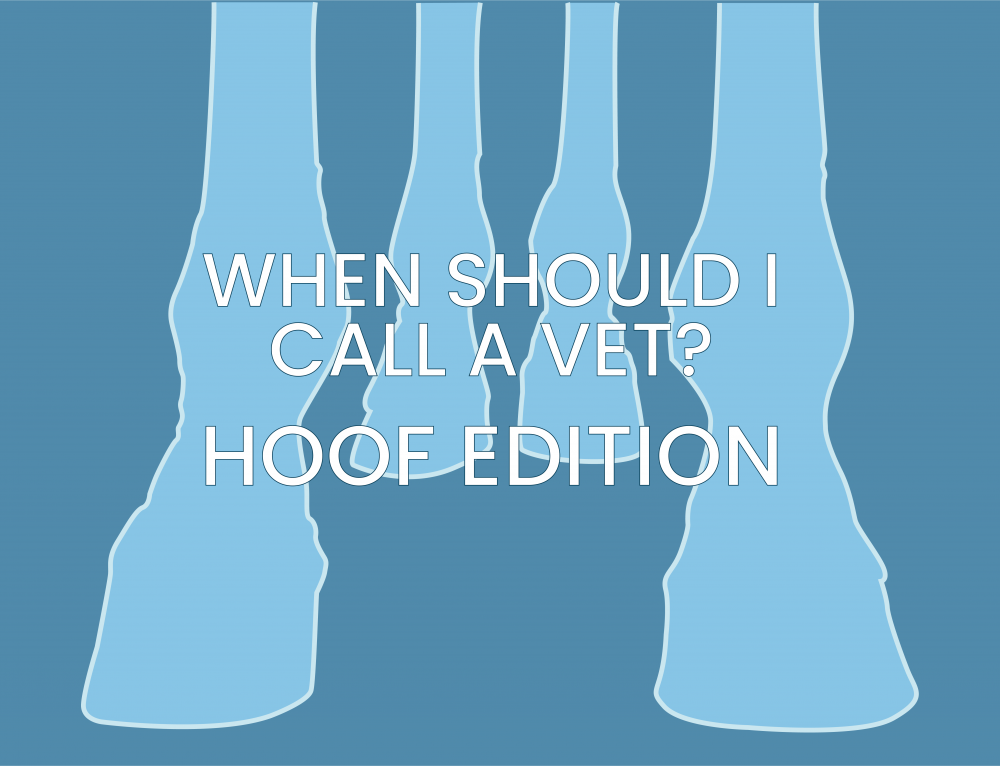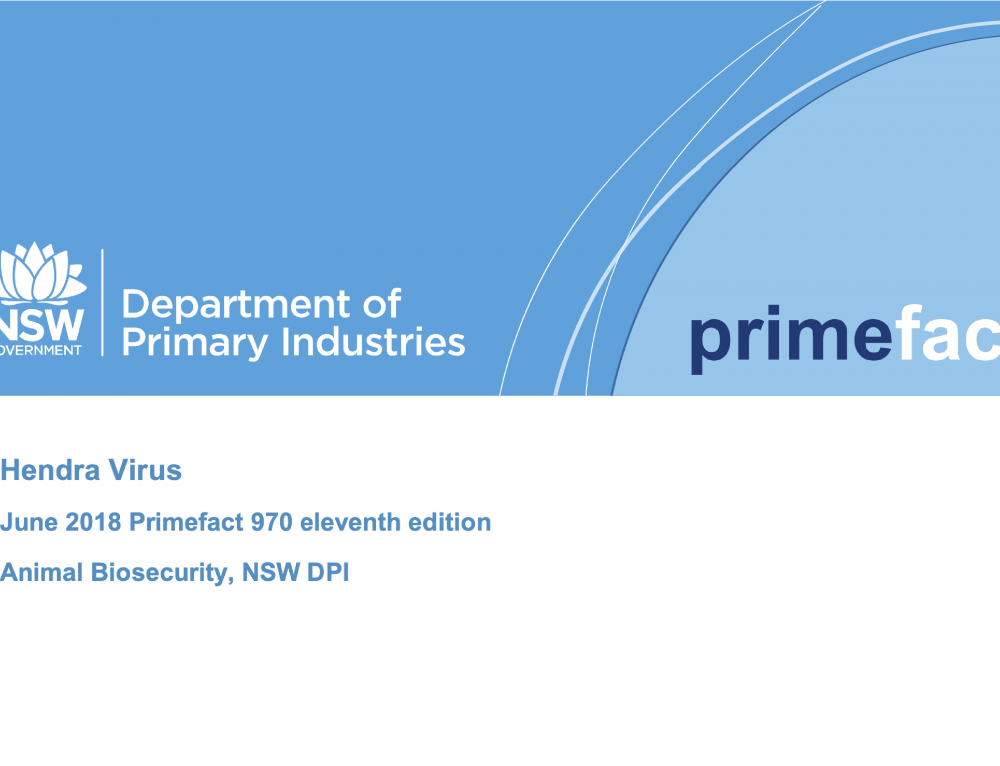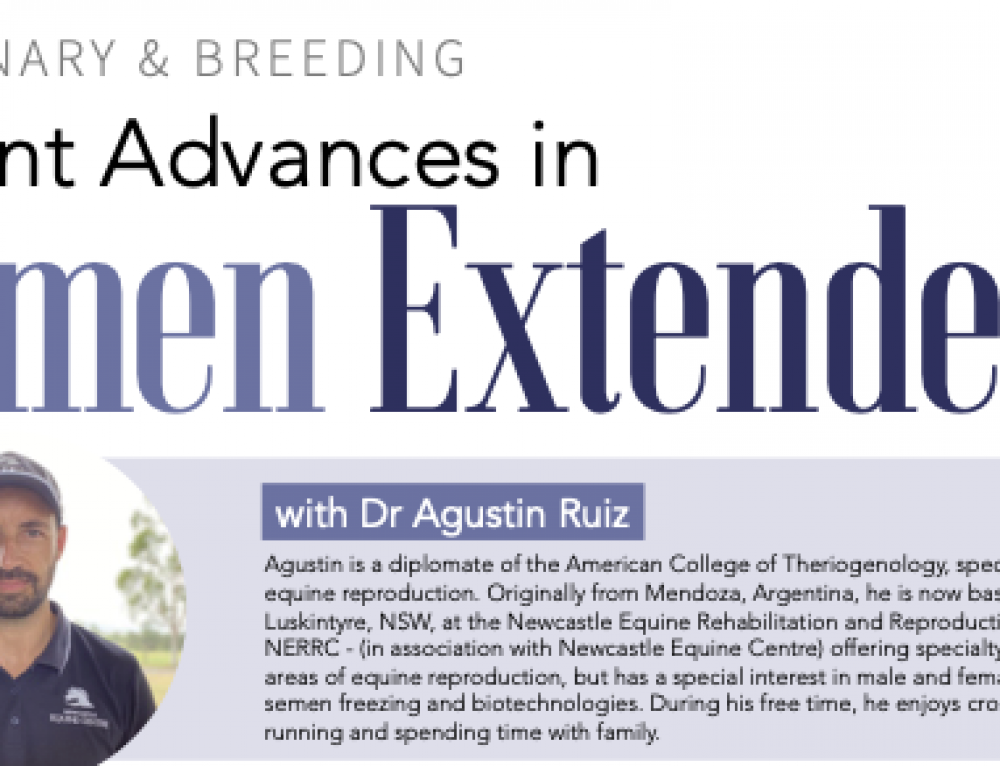It is important to know what is normal in the newborn foal so any problems can be easily
identified and promptly treated.
After birth, a foal should:
- Be standing within the first hour and becoming more active and alert over time
- Have a strong suckle reflex within 30 minutes and once standing should be seeking the mare to nurse
- Be suckling within 2-3 hours of birth.
It is important the foal nurses properly in the first 12 hours, as this is the time when antibodies (immunoglobulins – IgG) are transferred from the mare’s milk (colostrum) to the foal. This transfer provides the foal with passive immunity until its own immune system is established at 8-12 weeks. If the foal does not receive adequate levels of IgG from the colostrum they can be predisposed to infection. A simple IgG blood test should be performed between 12-24 hours to ensure adequate transfer has occurred.
The foal’s umbilicus can be a potential entry site for infection. Once the umbilical cord ruptures it is advisable to dip the foal’s umbilicus into a solution of 0.5% chlorhexidine or iodine. This should then be done daily for at least 3 days post foaling. The umbilicus should dry out within 2-3 days and fall off on its own after 5-6 weeks. There should be no discharge from the umbilicus. Swelling around the umbilicus where it attaches to the abdomen can be a sign of infection or herniation and should be investigated.
Meconium (foal’s first manure) should be passed within 12 hours. This is usually dark in colour with variable consistency. To aid in the passing of meconium an enema can be given once the foal is standing. A foal should also be urinating normally within 12 hours. Constant straining or unproductive straining while defecating or urinating can indicate a problem.
Other signs that may indicate a problem with your foal include:
- Behavioural changes in the foal especially excessive sleeping or laying down.
- Diarrhoea – if the diarrhoea is prolonged and accompanied by lethargy and listlessness this can be life threatening.
- Any signs of abdominal distention or pain (colic) – foals will demonstrate the same signs as adults with colic such as continual rolling, abdomen kicking, flank watching and/or constant tail swishing.
- Swollen joints or lameness
- The mare has a full udder, is running milk or if the foal is suckling for long periods of time – this may indicate the foal is not nursing properly
- Yellowing of the skin, mucous membranes and whites of the eyes.
It is recommended that a veterinarian examines the mare and foal (and placenta) 12-24 hours post foaling to assess for any abnormalities or potential issues. If you feel at any time there is an issue with the health of your foal or mare, contact your veterinarian to discuss your concerns.


